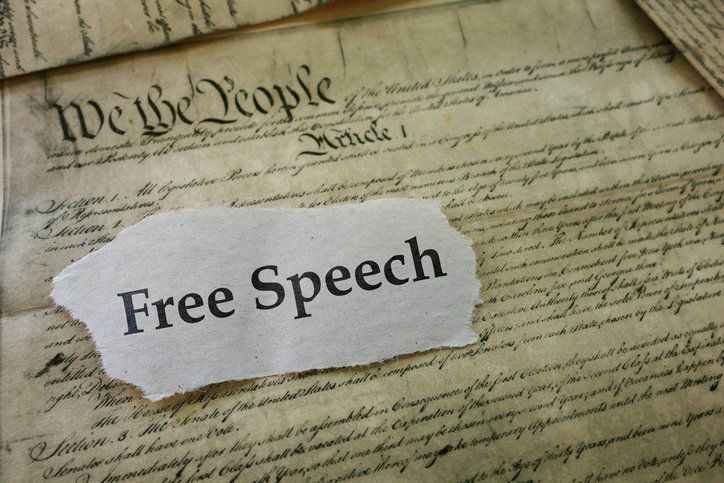
College’s DEI Measures Clash with Professor’s Free Speech Rights
Jan 9, 2024
Share to:
A pending California federal court complaint asks the court to address the entanglement between employer DEI expectations and employee free speech rights. Professor, Dayman Johnson (“Johnson”), of Bakersfield Community College (the “College”) received a recommended injunction prohibiting the College from enforcing its DEI policies as applied to his work. The 44-page magistrate judge recommendation ruled that the College’s “Diversity, Equity and Inclusion Competencies and Criteria” violate Johnson’s First Amendment rights because they require Johnson, an avid and outspoken opponent of DEI to, among other things, improve his “DEI and anti-racism knowledge, skills and behavior” or face possible discipline.
On April 16, 2023, the Board of Governors of the California Community Colleges adopted new minimum qualifications for all administrators and faculty members. The new qualifications provide that “all district employees shall demonstrate the ability to work with and serve individuals within a diverse community college campus environment as required by local policies regarding DEIA (Diversity, Equity, Inclusion and Accessibility) competencies and criteria.” Boards of the district’s 116 community colleges were, thereafter, directed to adopt policies that require demonstrated, or progress toward proficiency in the locally developed DEIA competencies. Additionally, the College received a memorandum from the California Community Colleges Chancellor’s Office clarifying that during the evaluation and tenure review process, employees will be able to demonstrate they have met the DEI competencies using concrete examples based on the DEI criteria provided.
Johnson, a 20-year professor of history at the College, and founder of the college organization, Renegade Institute for Liberty (“RIFL”), openly acknowledges that he rejects DEIA as an official political ideology and that much of his teaching is critical of DEI. Johnson’s lawsuit, and request for an injunction, alleges that the College’s DEI policies violate his First Amendment rights to free speech by engaging in viewpoint discrimination and compelled speech.
In recommending that Johnson’s request for an injunction be granted, the magistrate judge acknowledged the College’s right to encourage employees to embrace the concepts of DEIA. However, the magistrate judge found that the College’s regulation “is contrary to the First Amendment’s guarantee of freedom of speech in the academic arena.” The magistrate judge’s recommendation for an injunction further states that Johnson alleged sufficient facts establishing his intent to engage in speech and conduct inconsistent with the College’s DEIA policy and the likelihood that he will face discipline for doing so. Accordingly, Johnson established the necessary elements for an injunction: a likelihood of success and an “injury in fact.”
Additionally, the magistrate judge addressed the First Amendment’s “special significance” in the university setting stating, “professors at public universities retain First Amendment protections at least when engaged in core academic functions such as teaching and scholarship.” Therefore, Johnson’s decision on what to teach in the classroom and his criticism of “DEI ideology” qualifies as First Amendment protected teaching and academic writing. The College’s interest in imposing the state’s DEIA regulations and the DEI Competencies and Criteria, do not, according to the magistrate judge, outweigh Plaintiff’s First Amendment rights.
The magistrate judge’s recommendation is being reviewed by the district court judge who will decide whether to accept, reject or modify the recommendation. We will continue to monitor this recommended decision as it addresses significant matters involving employee free speech and workplace DEI policies and regulations.
